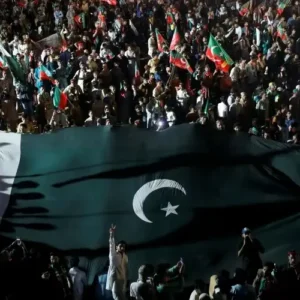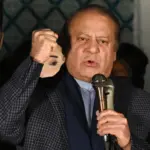The dust has settled on Pakistan's February 8th general elections, but the nation's economic woes remain far from resolved. While the polls were intended to usher in a period of stability and decisive leadership, the fractured results have raised concerns about the ability of any government to effectively tackle pressing economic issues.
The biggest obstacle lies in the absence of a clear majority. No single party secured a decisive victory, leading to complex coalition negotiations and uncertainty over the future direction of economic policy. This lack of a unified vision poses a significant challenge to implementing decisive economic reforms, a crucial requirement for navigating Pakistan's precarious financial situation.

The country faces a multitude of economic challenges, including a widening trade deficit, unsustainable debt levels, and high inflation. The International Monetary Fund (IMF) bailout program, a vital lifeline for Pakistan's ailing economy, hangs in the balance due to the political uncertainty. Delays in meeting program requirements could have severe consequences, including loan defaults and further economic turmoil.
Furthermore, the political instability creates an environment of investor apprehension. Businesses are hesitant to commit to long-term investments without a clear understanding of the future economic landscape. This dampens economic growth and further hinders the creation of much-needed jobs.
Despite the grim outlook, there are glimmers of hope. Several political parties have expressed a willingness to work together for the national interest. If a broad coalition can be formed and a pragmatic economic agenda is prioritized, there is a possibility of achieving some degree of stability and progress.
Key areas of focus should include:
- Fiscal consolidation: Reducing government spending and increasing revenue generation are crucial to tackling the budget deficit and stabilizing the economy.
- Trade diversification: Expanding export markets and reducing reliance on specific imports can help improve the trade balance.
- Investment promotion: Creating a business-friendly environment and attracting foreign direct investment are essential for stimulating economic growth.
- Currency stability: Maintaining a stable exchange rate is vital for promoting trade and investment.
The current political situation in Pakistan presents a complex and challenging scenario. However, overcoming these hurdles requires collective effort, political compromise, and a clear focus on long-term economic well-being. Only then can Pakistan truly emerge from the current crisis and embark on a path of sustainable economic growth and prosperity.

